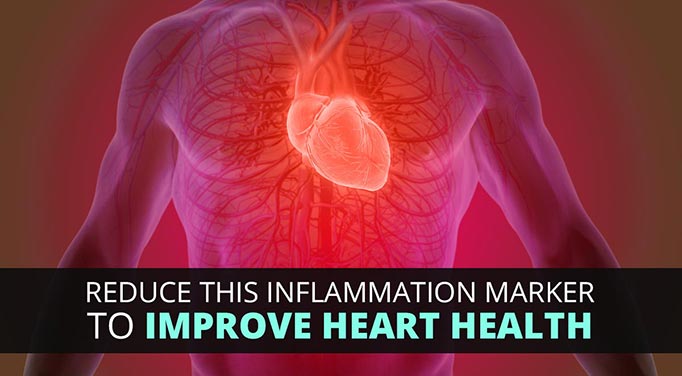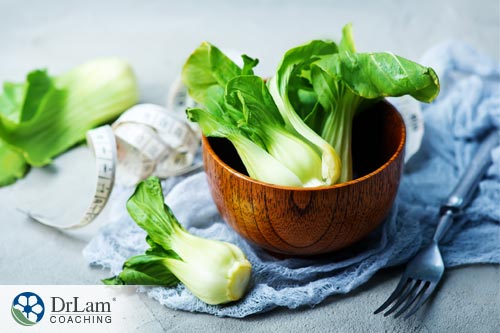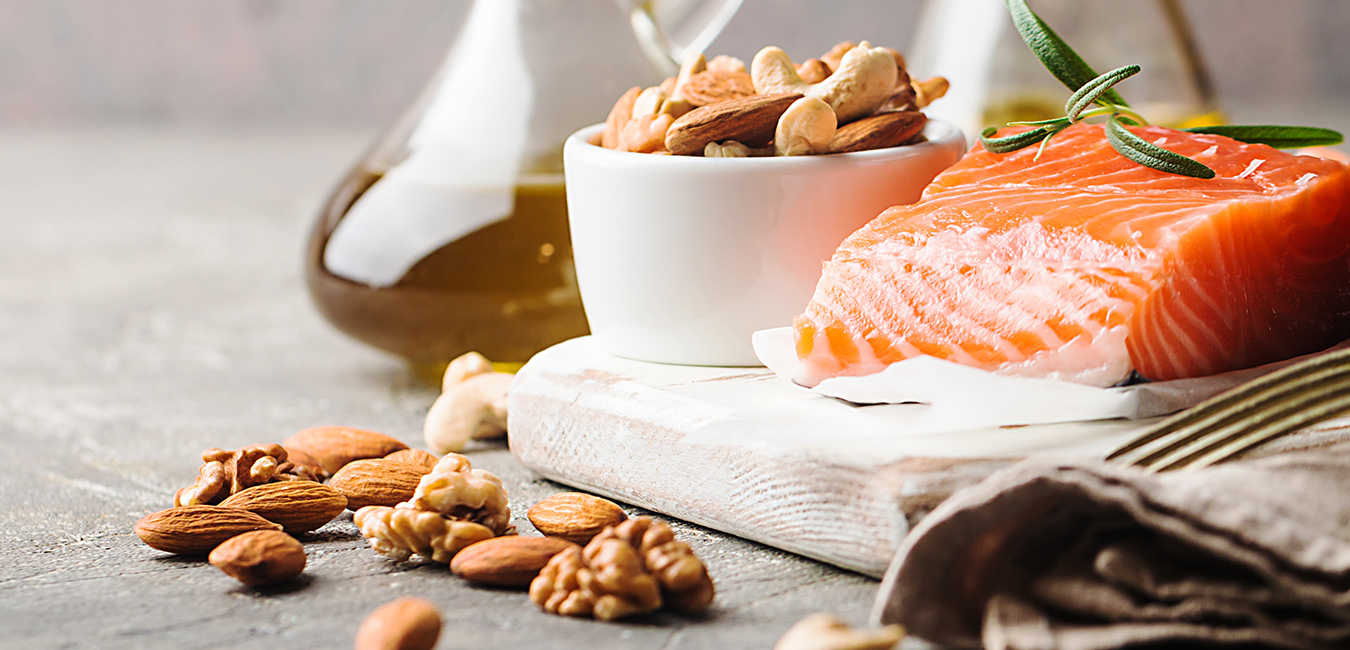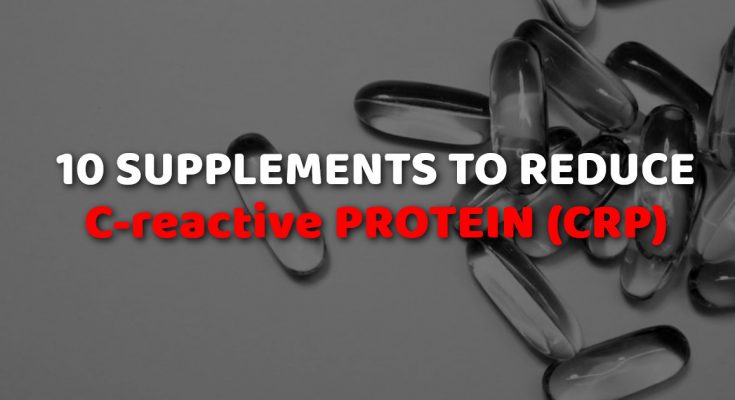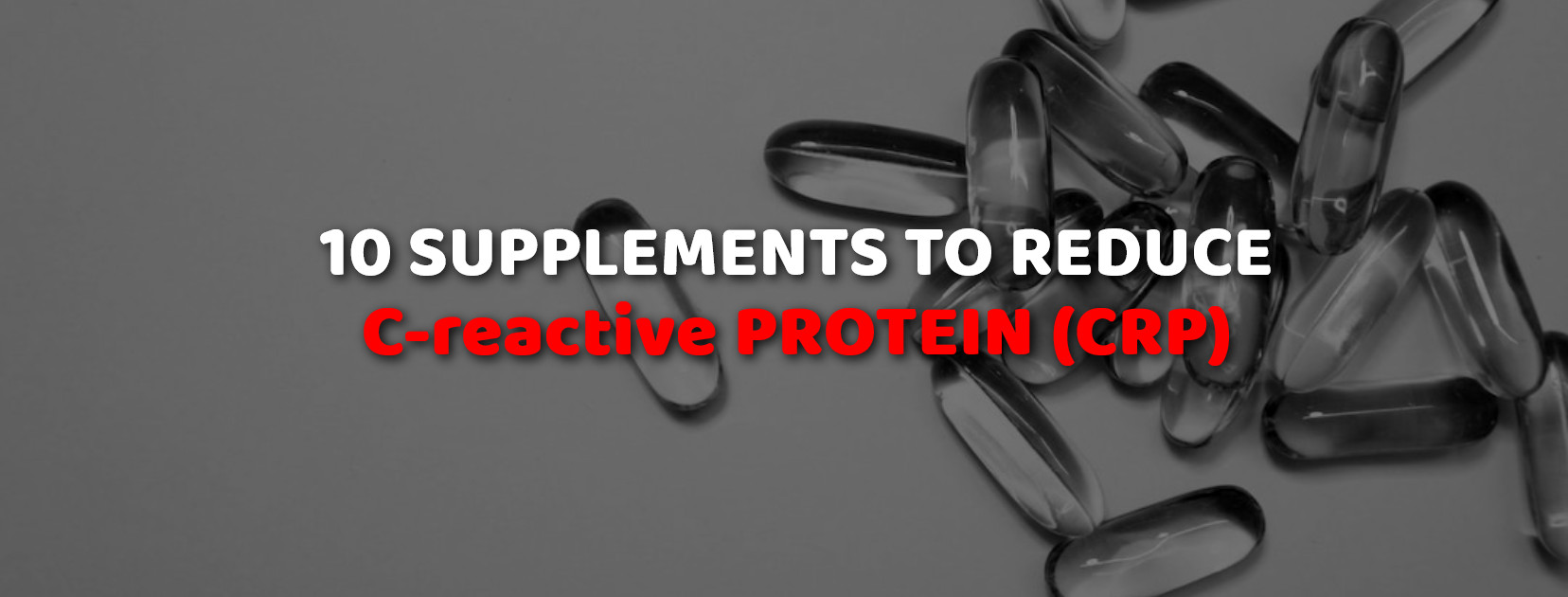How To Lower C Reactive Protein Naturally

Imagine a tiny alarm system constantly vigilant within your body, its sensors scanning for any sign of trouble. When inflammation flares up – a potential infection, injury, or chronic condition – this system kicks into high gear, raising the levels of a key marker called C-reactive protein, or CRP. But what if we could gently nudge this system back into balance, calming the alarms and promoting overall well-being, naturally?
This article explores effective, evidence-based strategies for lowering C-reactive protein (CRP) levels through lifestyle adjustments and dietary changes. Understanding the role of CRP and adopting these natural approaches can empower you to take proactive steps towards better health and a more balanced inflammatory response.
Understanding CRP and Its Significance
C-reactive protein is a protein produced by the liver in response to inflammation. Doctors often measure CRP levels through a blood test to assess the degree of inflammation in the body.
Elevated CRP levels can indicate a wide range of conditions, from minor infections to chronic inflammatory diseases like arthritis and cardiovascular disease. While CRP is not a diagnostic tool on its own, it serves as a valuable marker, prompting further investigation to identify the underlying cause of the inflammation.
Two types of CRP tests are commonly used: standard CRP and high-sensitivity CRP (hs-CRP). The hs-CRP test is more sensitive and can detect even slight increases in CRP levels, making it particularly useful for assessing cardiovascular risk.
The Power of Diet: Anti-Inflammatory Foods
One of the most powerful tools for managing inflammation is through diet. Adopting an anti-inflammatory eating pattern can significantly impact CRP levels and overall health.
Focus on incorporating an abundance of fruits and vegetables, especially those rich in antioxidants like berries, leafy greens, and brightly colored peppers. These foods help neutralize free radicals, reducing oxidative stress and inflammation.
Healthy fats, such as those found in fatty fish (salmon, tuna, mackerel), avocados, nuts, and olive oil, are also crucial. These fats provide omega-3 fatty acids, which have potent anti-inflammatory properties.
Limit your intake of processed foods, sugary drinks, and refined carbohydrates, as these can contribute to inflammation. Be mindful of saturated and trans fats, commonly found in fried foods and processed snacks, which can also elevate CRP levels.
Consider the Mediterranean diet, which is rich in fruits, vegetables, whole grains, legumes, nuts, and olive oil. Studies have shown that following this dietary pattern can effectively lower CRP and improve cardiovascular health.
Specific Foods to Focus On:
Berries: Blueberries, strawberries, raspberries, and blackberries are packed with antioxidants and anti-inflammatory compounds.
Fatty Fish: Salmon, tuna, mackerel, and sardines are excellent sources of omega-3 fatty acids.
Olive Oil: Extra virgin olive oil is a healthy fat source with potent anti-inflammatory benefits.
Nuts and Seeds: Almonds, walnuts, flaxseeds, and chia seeds provide healthy fats, fiber, and antioxidants.
Leafy Greens: Spinach, kale, and collard greens are rich in vitamins, minerals, and antioxidants.
The Importance of Exercise
Regular physical activity is another key component of managing inflammation and lowering CRP levels. Exercise helps to improve overall health and reduce the risk of chronic diseases.
Aim for at least 150 minutes of moderate-intensity aerobic exercise per week, such as brisk walking, jogging, swimming, or cycling. Incorporate strength training exercises at least twice a week to build muscle mass and further reduce inflammation.
Even small amounts of exercise can make a difference. Start slowly and gradually increase the intensity and duration of your workouts as you get fitter.
Note: Always consult with your doctor before starting a new exercise program, especially if you have any underlying health conditions.
Stress Management Techniques
Chronic stress can significantly contribute to inflammation and elevate CRP levels. Finding effective ways to manage stress is essential for overall well-being.
Explore stress-reducing techniques such as meditation, yoga, deep breathing exercises, and spending time in nature. Mindfulness practices can help you become more aware of your thoughts and feelings, allowing you to respond to stress in a more balanced way.
Prioritize sleep, as sleep deprivation can exacerbate stress and inflammation. Aim for 7-8 hours of quality sleep per night.
Engage in activities that you enjoy and that help you relax. This could include reading, listening to music, spending time with loved ones, or pursuing hobbies.
Supplements and Herbal Remedies
Certain supplements and herbal remedies may also help lower CRP levels, but it's crucial to consult with a healthcare professional before starting any new supplement regimen.
Curcumin, the active compound in turmeric, has potent anti-inflammatory properties. Studies have shown that curcumin supplementation can significantly reduce CRP levels.
Omega-3 fatty acid supplements, derived from fish oil or algal oil, can also help lower inflammation. Probiotics may also help regulate gut health, indirectly impacting CRP levels.
Note: The effectiveness of supplements can vary from person to person, and they may interact with certain medications. Always seek professional medical advice.
The Role of Weight Management
Obesity is often associated with chronic inflammation. Losing weight, especially excess abdominal fat, can significantly reduce CRP levels and improve overall health.
Combine a healthy diet with regular exercise to achieve sustainable weight loss. Focus on making gradual, long-term lifestyle changes rather than drastic, short-term diets.
Even a modest weight loss of 5-10% of your body weight can have a significant impact on CRP levels and other health markers.
Other Lifestyle Factors
Smoking is a major contributor to inflammation. Quitting smoking can have a profound impact on CRP levels and overall health.
Limiting alcohol consumption is also important. Excessive alcohol intake can increase inflammation and damage the liver.
Ensure you get enough sunlight exposure or consider taking a vitamin D supplement, as vitamin D deficiency has been linked to increased inflammation.
Conclusion
Lowering CRP levels naturally is a journey that involves adopting a holistic approach to health. By incorporating anti-inflammatory foods, engaging in regular exercise, managing stress, and addressing other lifestyle factors, you can take proactive steps towards reducing inflammation and promoting overall well-being.
Remember that consistency is key. Making gradual, sustainable changes to your lifestyle is more effective than attempting drastic, short-term interventions. Consult with your healthcare provider to discuss your individual needs and develop a personalized plan for managing CRP levels.
Ultimately, nurturing your body with wholesome habits and a mindful approach can pave the way for a healthier, more vibrant you, where the internal alarm system is calm and balanced, reflecting a state of true well-being.

